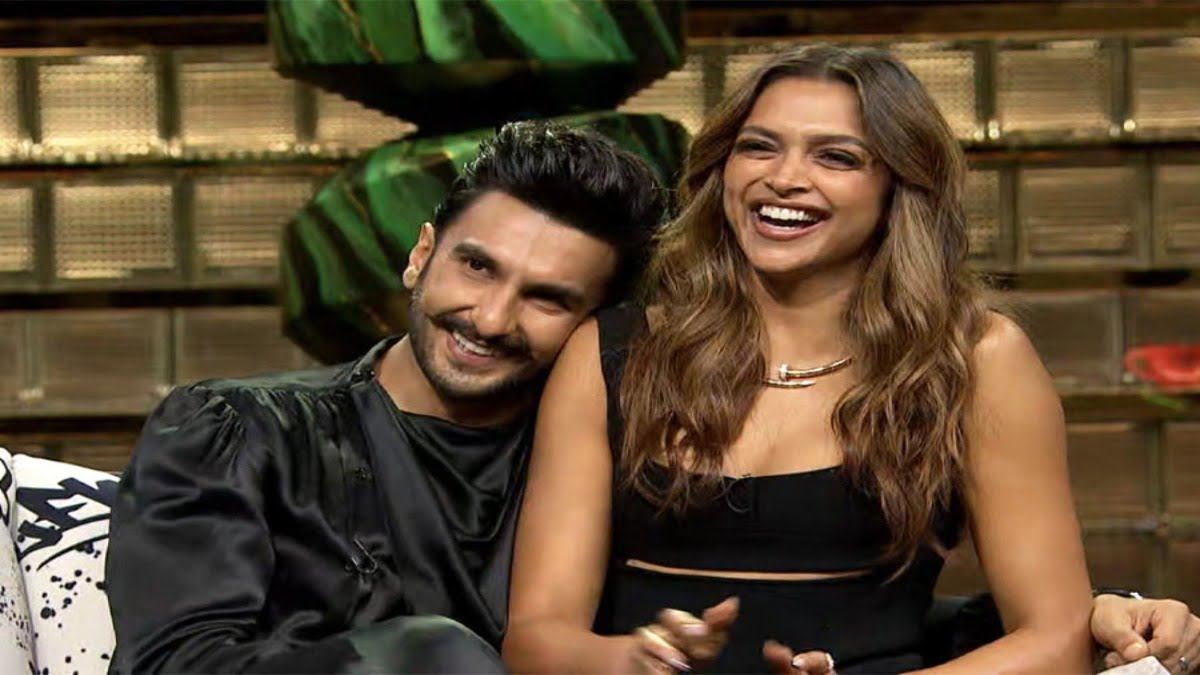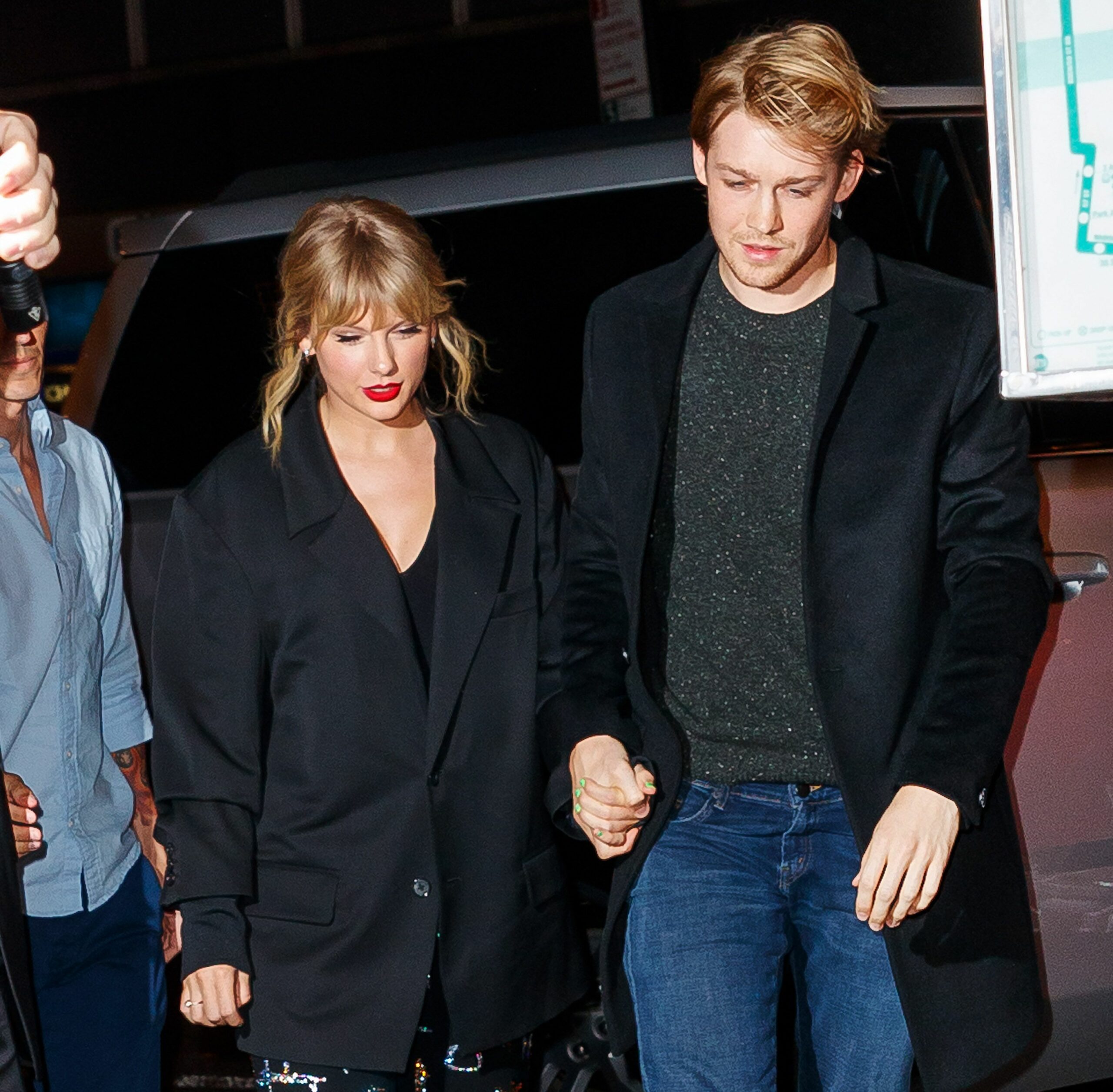What do Deepika Padukone and Joe Alwyn have in common? Besides being famous actors and dating celebrities as well, they have recently seen a turn in their reputation. Earlier considered to be the “good” ones who emulated “power couple” energy, they are now being branded as “red flags.”
In the glitzy world of celebrity relationships, love, fame, and social media are increasingly becoming entangled.
In the glitzy world of celebrity relationships, love, fame, and social media are increasingly becoming entangled. With a simple scroll through our social media feeds, we now find ourselves immersed in the love lives of the rich and famous. But as we devour the picture-perfect moments, we can’t help but wonder: where does reality end, and the carefully curated facade begin? While celebrity lives have always been a subject of public scrutiny, it is now more than ever that interpersonal relationships seem to be hogging the spotlight.
Sleuthing through celebrity relationships
Love in the age of social media is an intricate web of filters, hashtags, and perfectly timed posts. Celebrities, with their millions of followers, invite us into their lives, showcasing romantic gestures, luxurious vacations, and heartfelt declarations of love. Moreover, with paparazzi interest, it’s a world where every glance, smile, and gesture is meticulously documented for public consumption. As we admire these relationships, we also find ourselves playing the role of amateur detectives, searching for clues that might hint at the authenticity of these love stories. Judgements are quick, and their repercussions are long run.
Take, for example, Bollywood royalty Ranbir Kapoor and Alia Bhatt. Kapoor, who has had a reputation for being a “playboy,” was again flagged by netisens recently due to his inappropriate comments regarding his wife’s makeup. Soon, many of his previous interviews resurfaced where he had made similar remarks, and subsequently, Alia’s lighthearted attitude towards this was questioned. Should it be so acceptable to overlook your partner’s “red flags?” Public scrutiny and criticism followed not only Ranbir Kapoor but even, Alia Bhatt.
Simply put then, a “red flag” is a morally questionable action or statement, especially conducted in reference to interpersonal relationships. And it is not limited to men either. When Deepika Padukone revealed that she had been casually dating before settling down with Ranveer Singh in the recent episode of Koffee with Karan, social media was flooded with posts calling her a “red flag.” Both she and her husband, now find themselves in the face of public scrutiny. Who between them deserves the more scrutiny though? Padukone, who admitted to having casual relationships, or Singh, who seemed to confuse the meet-cutes of his wife and his ex? Well, social media would certainly like to have a field day with that one.
Red flag or not: the public court of justice
Celebrities like Ranveer Singh and Joe Alwyn possess a magnetic charm that draws us in. We admire their talent, their style, and the seemingly perfect relationships they portray on social media. Yet, as we delve deeper into their lives, we find ourselves questioning the authenticity of these connections. The “red flags”, once reserved for warning signs in personal relationships, have now become a tool for the public to scrutinise and critique celebrity love stories.
Joe Alwyn, who had been in a relationship with pop megastar Taylor Swift for the past six years, had been considered the ultimate caring and considerate boyfriend. However, after their breakup earlier this year, Alwyn is now being criticised. One of the key points to his criticism is that he refused to talk about the relationship publicly and that he was uncomfortable with the fame and visibility that came with dating such a high-profile celebrity like Taylor Swift. But with an ever-increasing public stake in the private relationships of celebrities, can we blame them along such lines?
The pressure to maintain a flawless public image has led celebrities to navigate social media cautiously. The fear of being labeled a “red flag” looms large, pushing them towards performative gestures and scripted interactions. As a result, the line between genuine affection and staged display blurs, leaving audiences in a perpetual state of uncertainty. Moreover, the pervasive “red flag” culture contributes to a sensationalised narrative around celebrity romances. Sensationalism may boost tabloid sales and social media engagement, but it erodes the empathy essential for meaningful human connection. Instead of encouraging genuine understanding, the public discourse often devolves into a spectacle, where personal relationships are reduced to mere entertainment.
The unrealistic standards of love: a consequence of the “red flag” culture
With social media acting as a magnifying glass, the image of an ideal relationship becomes increasingly distorted. It is also easy to get caught up in any discourse. Celebrity couples, under the constant gaze of the public eye, inadvertently mold our expectations of love and companionship. The tendency to label even minor disagreements or moments of vulnerability as “red flags” creates an environment where imperfections are seen as failures. In the pursuit of flawless relationships akin to those we see on our screens, we may miss out on genuine connections.
The impact of this unrealistic standard is profound, potentially leading to feelings of inadequacy, self-doubt, and dissatisfaction within the audience’s own relationships
The impact of this unrealistic standard is profound, potentially leading to feelings of inadequacy, self-doubt, and dissatisfaction within the audience’s own relationships. The constant fear of being judged by the same harsh criteria as we mete out to these celebrities can stifle open communication, fostering an atmosphere where genuine emotional intimacy becomes increasingly rare.
At the same time, proper and informed discourse on what to look out for in relationships can also help. By analysing celebrity relationships, we gain insights into various relationship dynamics and “red flags” to look out for. Healthy discussions can shed light on communication patterns, and coping mechanisms. This awareness can be educational, providing valuable lessons for individuals navigating their own relationships. Open discussions about these challenges help normalise the ups and downs that all couples experience. It humanises celebrities, reminding us that even those in the spotlight encounter difficulties in their romantic lives. This normalisation reduces stigma around relationship issues and encourages open conversations about them. Celebrities, when open about their struggles within relationships, can spark conversations about mental health and emotional well-being. Discussions around issues like anxiety, depression, and coping mechanisms can create a supportive environment, encouraging fans to seek help and support if they face similar challenges.
In the ever-expanding universe of social media, our obsession with celebrity relationships shows no signs of waning. As we navigate this murky terrain, it’s essential to strike a balance between admiration, respect, and dogpiling. While it’s natural to be curious about the lives of the rich and famous, it’s equally crucial to approach their relationships with empathy and discernment. As consumers of media, we play a pivotal role in shaping the discourse around celebrity relationships and thus, around trends that such conversations spark.
By demanding responsible reporting and encouraging narratives that emphasise resilience, understanding, and personal growth, we can gradually shift the focus from simply pointing out “red flags” to the complexities of real, evolving relationships.
By demanding responsible reporting and encouraging narratives that emphasise resilience, understanding, and personal growth, we can gradually shift the focus from simply pointing out “red flags” to the complexities of real, evolving relationships. Media outlets, influencers, and fans alike have the power to redefine the conversation, promoting a culture of empathy, acceptance, and realistic expectations. Acknowledging the humanity behind the celebrity façade can remind us that, beneath fame and fortune, these individuals grapple with challenges and insecurities just like anyone else. While we must look out for “red flags”, whether in celebrity relationships or our own, we must not miss out on what are the larger effects of such conversations and how they gradually pan out.








